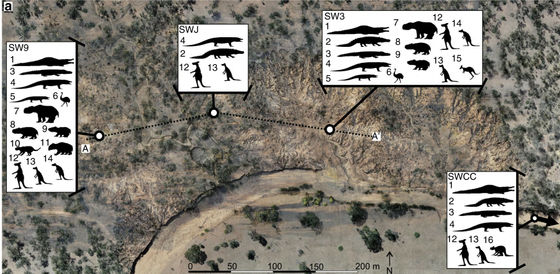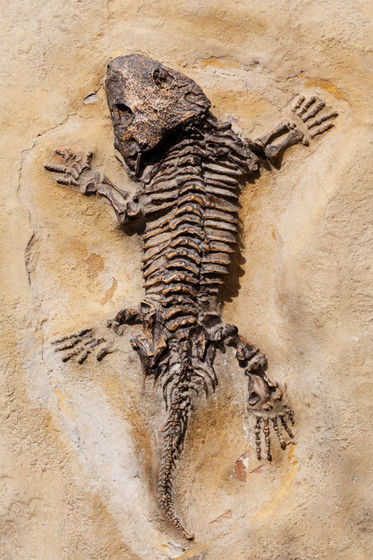Was the giant reptile / mammal that once lived on the ground destroyed by humans?

Once upon a time, the earth was inhabited by a large number of animal species, Megafauna, which are larger than humans. However, such Megafauna the
Extinction of eastern Sahul megafauna coincides with sustained environmental deterioration | Nature Communications
https://www.nature.com/articles/s41467-020-15785-w
Responses of Quaternary rainforest vertebrates to climate change in Australia-ScienceDirect
https://www.sciencedirect.com/science/article/abs/pii/S0012821X07006437
Humans coexisted with three-tonne marsupials and lizards as long as cars in ancient Australia
https://theconversation.com/humans-coexisted-with-three-tonne-marsupials-and-lizards-as-long-as-cars-in-ancient-australia-138534
After the extinction of dinosaurs, some terrestrial mammals became huge during the evolution process, and many giant creatures called 'megafauna' lived on the ground, including the giant reptiles that existed originally. A research team led by Mr. Scott Hocknull of Australia conducted a survey at four archaeological sites around South Walker Creek , Australia. We excavated 13 fossils of megafauna that were inhabited from approximately 60,000 to 40,000 years ago, which is presumed to have lived in Australia.

The excavated megafauna fossils are from giant reptiles that reigned as top predators, and giant mammals that were their prey. Giant reptiles are

Giant mammals excavated include

These megafauna are known to have extinct for some reason. Therefore, paleontologists have been debating to find out the cause of mass extinction.
The
However, the results of this survey revealed that megafauna survived about 60,000 to 40,000 years ago when humans lived in Australia. Therefore, the research team claims that there is no evidence to support the overfishing theory by humans.

The research team believes that the cause of mass extinction is 'climate change.' `` Climate change caused mass extinction of megafauna about 40,000 years ago, '' the research team explained from the survey results showing regional changes in rivers and vegetation and increasing fire frequency about 40,000 years ago. ..
According to Hocknull, vertebrate fossils found in eastern Australia suggest that climate change could have caused mass extinctions 280,000 years ago. Therefore, the research team commented that the increase in floods, droughts, and forest fires caused by the current environmental problems such as global warming may cause new mass extinction. Based on the hypothesis that the species at the top of the food chain have become extinct due to environmental changes, he warns that 'we should turn our attention to environmental issues.'
Related Posts:
in Creature, Posted by darkhorse_log







